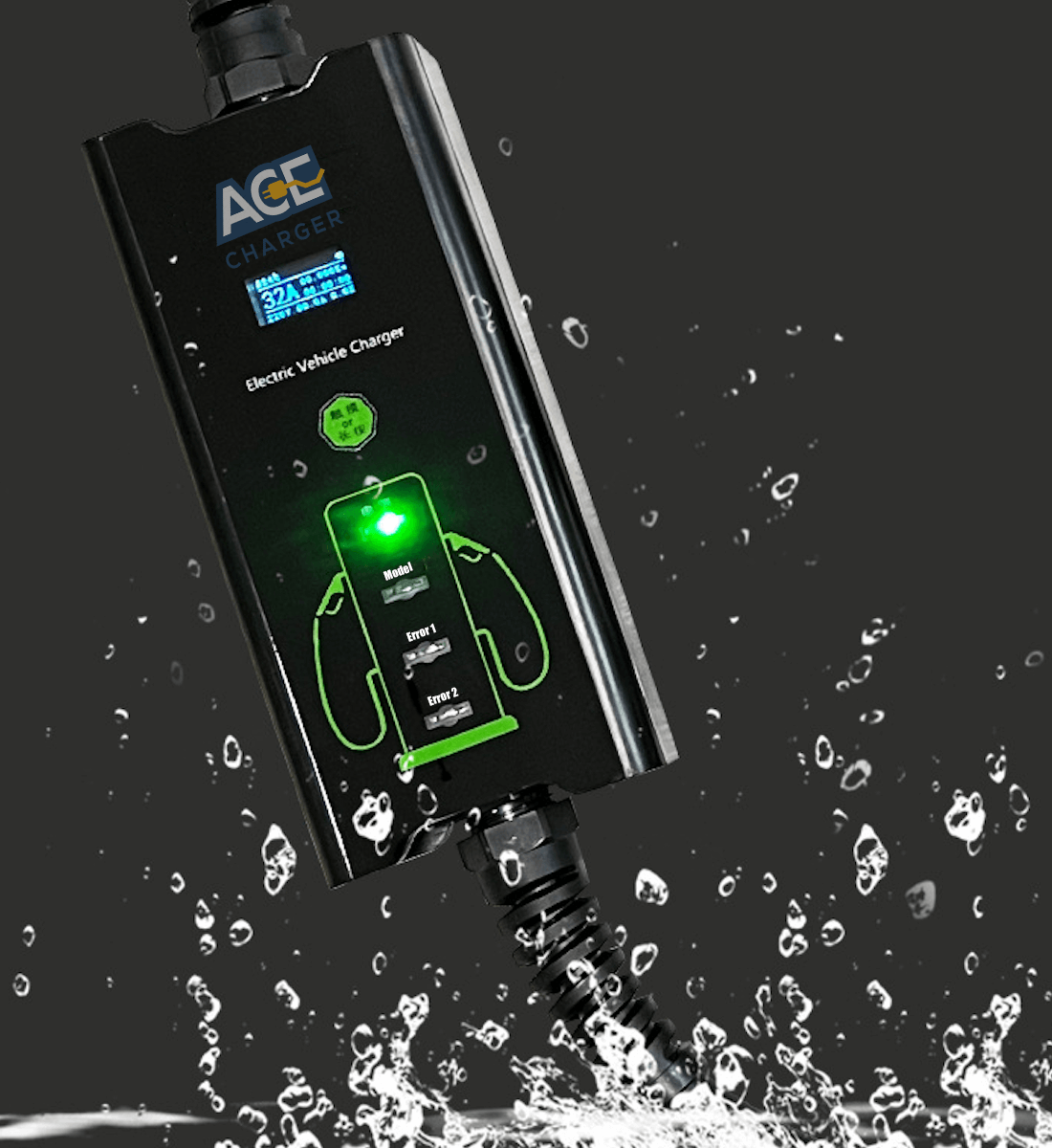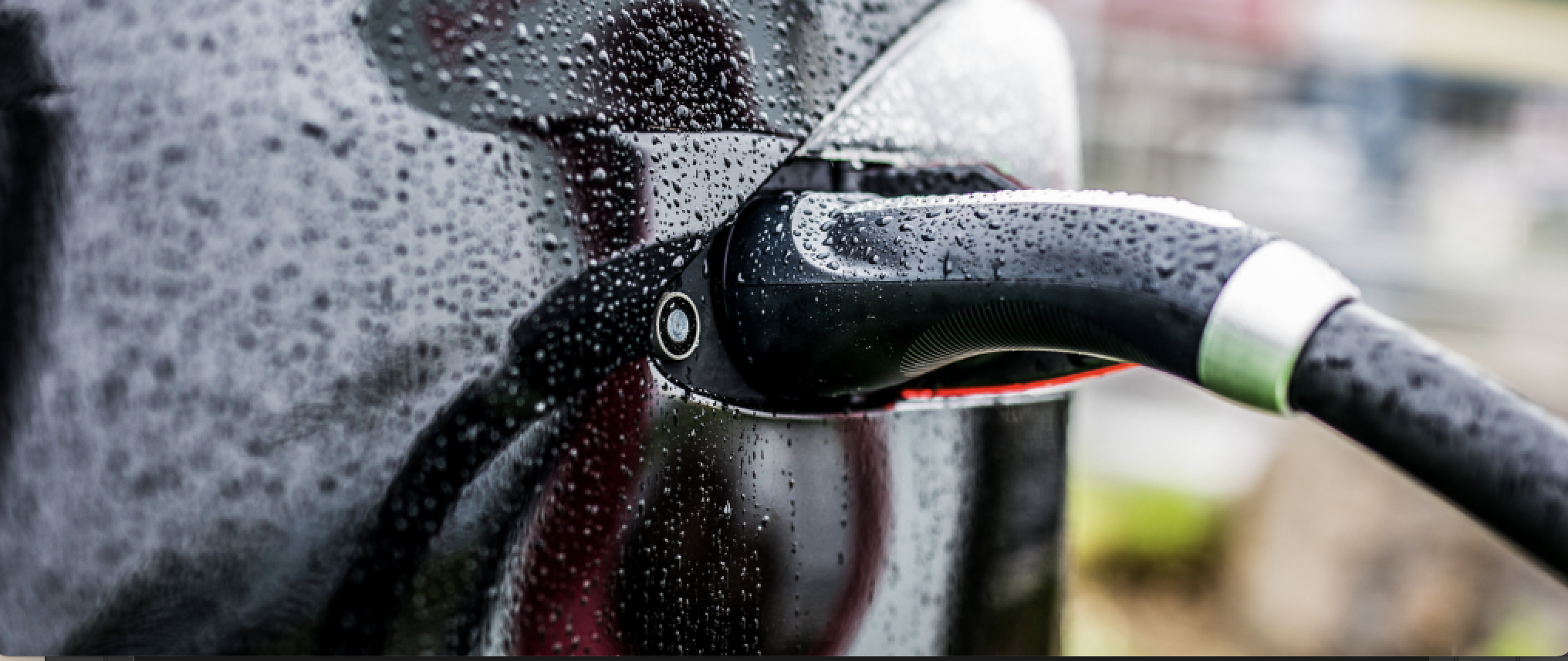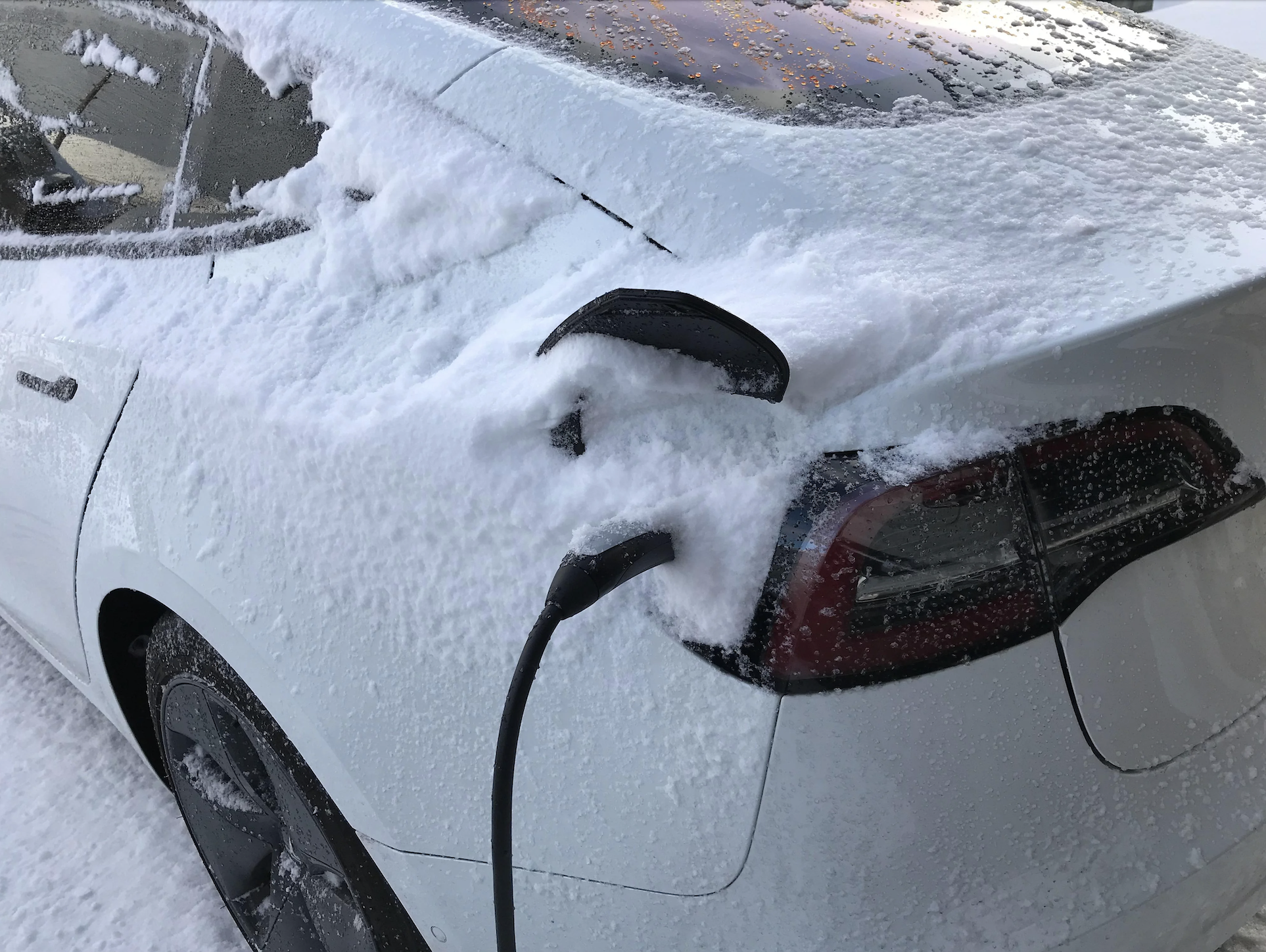It is a very common fear and question: are EV chargers waterproof? Can I charge my car if it is rainy, or even when the vehicle is wet?
Are EV chargers waterproof?
The fast answer is yes, EV chargers are waterproof for safety reasons.
That does not mean that you should pour water on it, of course. It just means that manufacturers like ACEcharger do make sure to test the chargers to avoid accidents.
As a result, when connecting the car at home, your charger should not be a problem, as you usually are in a closed environment. Doubts arise when we have to recharge it in a public station, outdoors. With adverse weather conditions. What happens then?
This article features the following 6 models:
1. Can I plug in my car if it's raining?
2. Can I plug in my car if it's wet?
3. What to do if the cable or the car is wet? Useful tips
4. Can I drive or recharge my electric car in the middle of a storm?
5. Is it dangerous to wash an electric car in a car wash?
6. What can I do if there is a problem during the recharge?
1. Can I plug in my car if it's raining?
Not only can it be connected, but any fear must be ruled out, even if one of the ends of the cable falls into a puddle while the operation is being carried out.
The system is designed so that the current only circulates when there is a connection between the car and the charger. Normally EV chargers can handle up to 95% non-condensing humidity and temperatures ranging from -22°F to 122°F (or -30°C to 50°C). So unless the manufacturer indicates otherwise, you should be absolutely safe. That is, of course, in a reliable charging station like ACEcharger.
2. Can I plug in my car if it's wet?
The car and the charger are communicating through a series of strict protocols to avoid any risk, so until that communication has been established there is no current in the cables. As soon as it is disconnected from one of the ends, the electrical flow is interrupted again.
It is also convenient to remember that the correct thing to do is to first plug the cable into the charging point and then into the car. To disconnect it you must do it the other way around, first you unplug it from the car and then from the charger.
When you finish recharging, it is advisable to wind up the cable well and store it in the bag or in the corresponding housing to prevent it from bending or deteriorating due to improper storage. Although EV chargers are waterproof, damaged cables may get you in trouble.
3. What to do if the cable or the car is wet? Useful tips
First of all, it is important that you be clear that the current circulates inside the cable. If it were broken, it would stop for safety reasons. So remember that manufacturers like ACEcharger always make sure to avoid that danger.
However, if the cable of your electric car has gotten wet, there are some tips:
- You can dry it with a clean microfiber cloth, especially the connection points. Make sure nothing gets caught on the ends.
- Check that the cable is in good condition.
- For greater security, connect it with the machete lowered, and raise it to start the charge.
In case of problems, and although the EV chargers are waterproof, charging will not occur. If the worst happens, you won't be electrocuted: the light will just go off and no further damage will be done.
Remember that a wet vehicle does not cause any problem with the charge. Electric and hybrid cars are designed for this type of situation, so in no case is it an inconvenience if it rains.
In fact, what we have explained to you about drying the cable is not strictly necessary either. Some users prefer to dry it to transfer security to neighbors, pedestrians, etc. But solutions like ACEcharger give you peace of mind that accidents won't happen.
4. Can I drive or recharge my electric car in the middle of a storm?
It is one of the most common questions of future users of electric vehicles. What happens if lightning strikes my electric car? In addition to being something quite improbable, it would have the same effects as in a combustion vehicle: none.
Precisely, a closed car (whatever the type), is the best protection in the event of a storm. The metal bodywork acts as a shield and prevents powerful electric fields from passing into the interior. So there is no way that driving an EV in the middle of a storm would cause any issues.
5. Is it dangerous to wash an electric car in a car wash?
In the same way that there is no risk of driving in the middle of a storm, you also do not have to worry about putting your car in a car wash. If it can withstand voltages of that intensity, it can withstand some water and liquid soap without suffering its technology and without any risk to the occupants, even if we leave a window open.
All the electrical connections are perfectly protected and all we have to do is follow the same rules as with a combustion car, fold the mirrors, remove the antenna and leave it in the N position of the gearbox.
That does not mean that we recommend charging and washing the car at the same time, as we always want to be as safe as possible (there simply is no need to do that). The fact that the EV charger is waterproof does not mean that we should be testing its limits and safety features.
6. What can I do if there is a problem during the recharge?
If for any strange circumstance, the recharging process has to be urgently suspended, you can simply turn off the charging system. In most cars, we can also do it from the recharge menu of the multimedia system. If in the last case, there is a communication problem between the car and the charger, all ACEcharger charging points would simply halt the charge.
So all in all: yes, EV chargers are waterproof and safe. You will simply have to take care of the cable and installation to be on the safer side. But even then, the chances of an accident are close to zero, particularly if you buy from ACEcharger!




